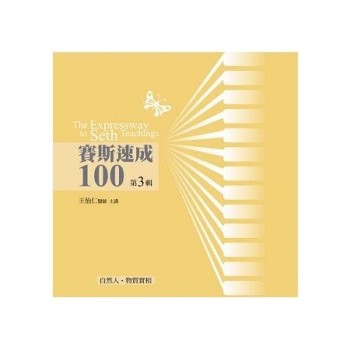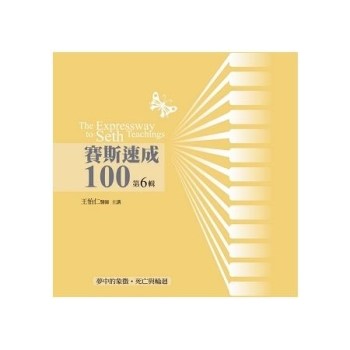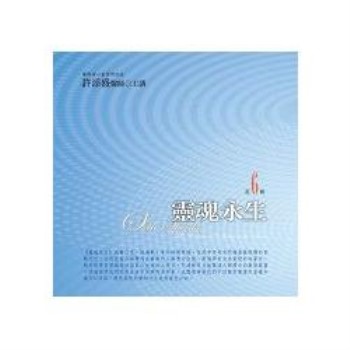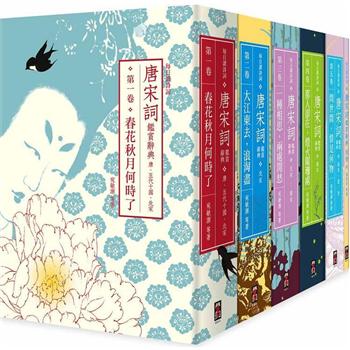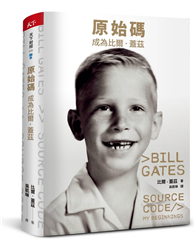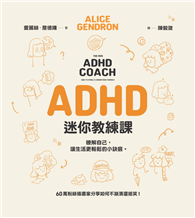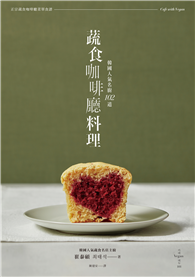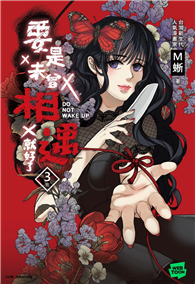Some of Australia’s leading historians present new perspectives on social and cultural life in the 1950s. The 1950s is usually treated in the popular media as a metaphor for an Australia that was complacent, monocultural, banal and domesticated. On the other hand, historical writing about the decade has long been dominated by accounts of political and foreign policy conflict, the Labor Split, the Cold War and the seemingly endless long summer of Robert Menzies. This collection assembles some of Australia’s leading historians to present new perspectives on the 1950s. Focusing on social and cultural themes, they reveal a decade full of contradictions which belie the common, simplistic accounts of the time. Ranging from the education of the young Barry Humphries to the idea of an Australian ’identity’ in the lead-up to the 1956 Olympics, these essays also include the personal recollections of three leading historians, providing a lively and critical insight into the Australia of the period. Drawing out themes such as style, sexuality, modernism, the suburbs, travel writing and immigrant ’assimilation’, the authors excavate the experience of everyday life and the attitudes that characterised the 1950s. They present a past that-despite having shaped our lives-continues to be disputed in contemporary Australia.
| FindBook |
有 1 項符合
The Forgotten Fifties的圖書 |
 |
The Forgotten Fifties 作者:Murphy 出版社:Melbourne University 出版日期:1993-11-09 語言:英文 規格:平裝 / 226頁 / 23.88 x 16.76 x 1.22 cm / 普通級/ 初版 |
| 圖書館借閱 |
| 國家圖書館 | 全國圖書書目資訊網 | 國立公共資訊圖書館 | 電子書服務平台 | MetaCat 跨館整合查詢 |
| 臺北市立圖書館 | 新北市立圖書館 | 基隆市公共圖書館 | 桃園市立圖書館 | 新竹縣公共圖書館 |
| 苗栗縣立圖書館 | 臺中市立圖書館 | 彰化縣公共圖書館 | 南投縣文化局 | 雲林縣公共圖書館 |
| 嘉義縣圖書館 | 臺南市立圖書館 | 高雄市立圖書館 | 屏東縣公共圖書館 | 宜蘭縣公共圖書館 |
| 花蓮縣文化局 | 臺東縣文化處 |
|
|
圖書介紹 - 資料來源:博客來 評分:
圖書名稱:The Forgotten Fifties
|
